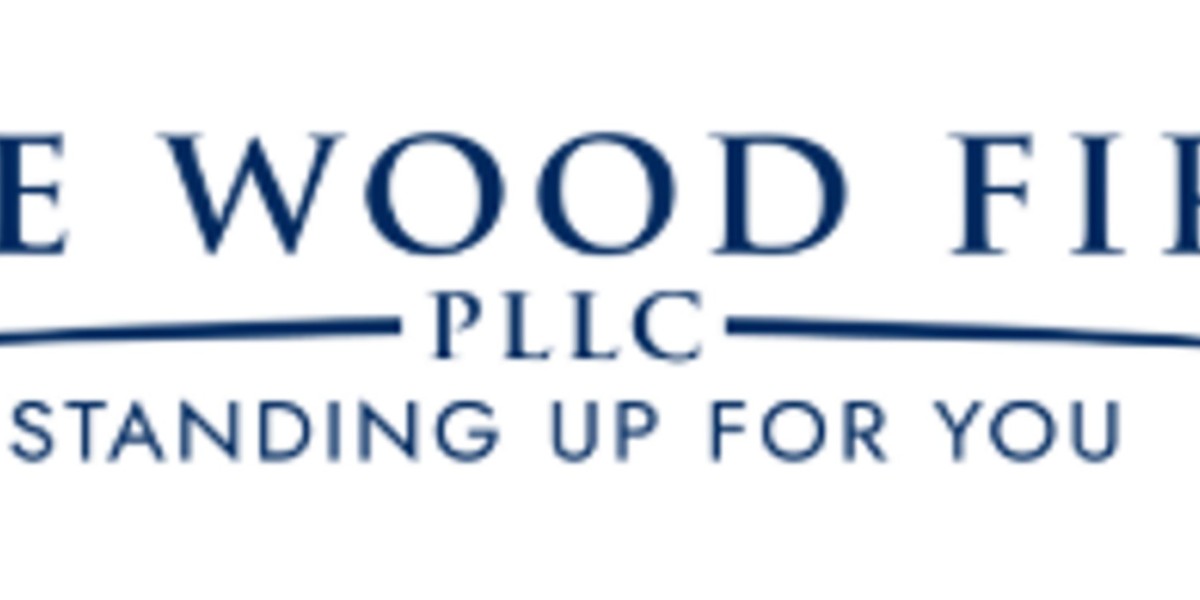Debt is a reality for millions of Americans, and while owing money can be stressful, dealing with aggressive or abusive debt collectors often makes matters worse. Financial hardship can happen to anyone, but no one deserves to be treated unfairly or unlawfully while trying to manage it. Consumers sometimes feel powerless when facing persistent calls, threats, or misleading tactics from debt collection agencies. Yet the truth is, there are strong federal and state laws that protect individuals from such conduct. Understanding your rights is the first step toward reclaiming your peace of mind and financial stability.
In recent years, there has been an increase in complaints surrounding Omni Point Capital Debt Collection Harassment. Many consumers have reported receiving frequent, aggressive, or deceptive communications from collection representatives. Knowing how to recognize and respond to harassment can make a significant difference in protecting your credit, your finances, and your emotional well-being.
What Constitutes Debt Collection Harassment?
Debt collection harassment occurs when a collector uses unfair, deceptive, or abusive practices to pressure someone into paying a debt. The Fair Debt Collection Practices Act (FDCPA), enacted in 1977, is the primary federal law designed to protect consumers from such behavior. It establishes strict guidelines for how debt collectors can contact you and what they can say.
Common examples of harassment include:
Repeated phone calls at odd hours or after being told to stop
Use of threatening or obscene language
Contacting your family, employer, or friends about your debt
Misrepresenting the amount owed or falsely claiming to be law enforcement
Threatening legal action that cannot be taken
If you experience any of these actions, you may have grounds for legal protection and possibly compensation.
The Fair Debt Collection Practices Act (FDCPA) Explained
The FDCPA outlines several important rights that every consumer should know. Among these are:
Right to Communication Control – You have the right to tell a debt collector not to contact you further. Once they receive your written notice, they may only reach out to confirm no further action will occur or to inform you of a specific legal action.
Right to Verification – Collectors must send written verification of the debt, including the original creditor’s name and amount owed, within five days of first contact.
Right to Accurate Representation – It’s illegal for collectors to misrepresent themselves, the amount owed, or potential consequences of non-payment.
Right to Privacy – Collectors cannot discuss your debt with anyone other than you, your spouse, or your attorney.
Understanding these rights can help you assert control when facing unwanted collection efforts. If a collector violates these rules, you can report them to the Consumer Financial Protection Bureau (CFPB), the Federal Trade Commission (FTC), or your state attorney general.
Why Debt Collection Harassment Happens
Debt collection agencies often work on commission, meaning their employees are paid based on how much money they recover. This structure sometimes encourages unethical behavior and excessive pressure tactics. Some agencies even purchase old, unverified debts for pennies on the dollar, hoping to collect without having accurate documentation.
In other cases, collectors rely on intimidation because they know many consumers are unaware of their rights. They may threaten lawsuits, wage garnishment, or credit damage even when those actions are not legally possible. Unfortunately, these threats can cause significant anxiety and lead people to make hasty financial decisions that worsen their situation.
How to Respond to Harassment
If you believe you’re being harassed by a debt collector, there are clear steps you can take to protect yourself:
Keep Records – Document every interaction. Write down dates, times, and what was said during each call. Save voicemails, letters, and emails.
Request Verification in Writing – Always ask for written proof of the debt before making any payment.
Send a Cease-and-Desist Letter – If the calls continue after you’ve made your request in writing, they are violating the FDCPA.
File a Complaint – Report the harassment to the CFPB, FTC, and your state’s attorney general.
Consult a Consumer Rights Attorney – Many lawyers specialize in debt collection abuse and can help you take legal action, often without upfront fees.
The Role of Credit and Financial Well-Being
Debt collection harassment not only impacts your mental and emotional health but can also affect your credit report. Unverified or inaccurately reported debts may remain on your record for years, lowering your score and making it difficult to obtain loans, housing, or employment.
Reviewing your credit report regularly is crucial. You can get a free copy from each of the three major credit bureaus—Experian, Equifax, and TransUnion—once per year through AnnualCreditReport.com. If you spot an error, dispute it immediately with both the credit bureau and the reporting agency.
Maintaining open communication with legitimate creditors, setting up payment plans, and keeping detailed records are key strategies to safeguard your financial health.
When Legal Action Becomes Necessary
If a collector continues to harass you after you’ve exercised your rights, you may have grounds to sue under the FDCPA. Successful cases can result in damages up to $1,000, plus reimbursement for legal costs and emotional distress. Some states also have additional consumer protection laws that allow for even greater penalties.
It’s important to work with an experienced consumer protection attorney who understands debt collection law. They can assess your case, gather evidence, and handle all correspondence with the collector on your behalf.
How to Prevent Future Debt Issues
While harassment can happen to anyone, developing strong financial habits can help reduce the likelihood of debt problems in the future. Consider these preventive steps:
Create a Realistic Budget – Track all income and expenses, prioritizing essentials like housing, food, and healthcare.
Build an Emergency Fund – Even a small savings cushion can prevent reliance on credit during financial strain.
Use Credit Wisely – Limit credit card use and pay more than the minimum balance when possible.
Seek Professional Help – Nonprofit credit counselors can assist with debt management and budgeting.
Education and proactive financial management are the most effective tools against future harassment and financial hardship.
Conclusion
Debt collection harassment can be an overwhelming experience, but consumers have more power than they might realize. Knowing your rights, documenting every interaction, and seeking professional guidance can protect you from unfair treatment and preserve your financial health.
If you believe you’re facing unlawful collection practices, act quickly. Understanding your options can help you stop harassment, correct your credit, and take control of your financial future. Empowerment begins with awareness, and your rights are the strongest defense against unethical debt collection behavior.








